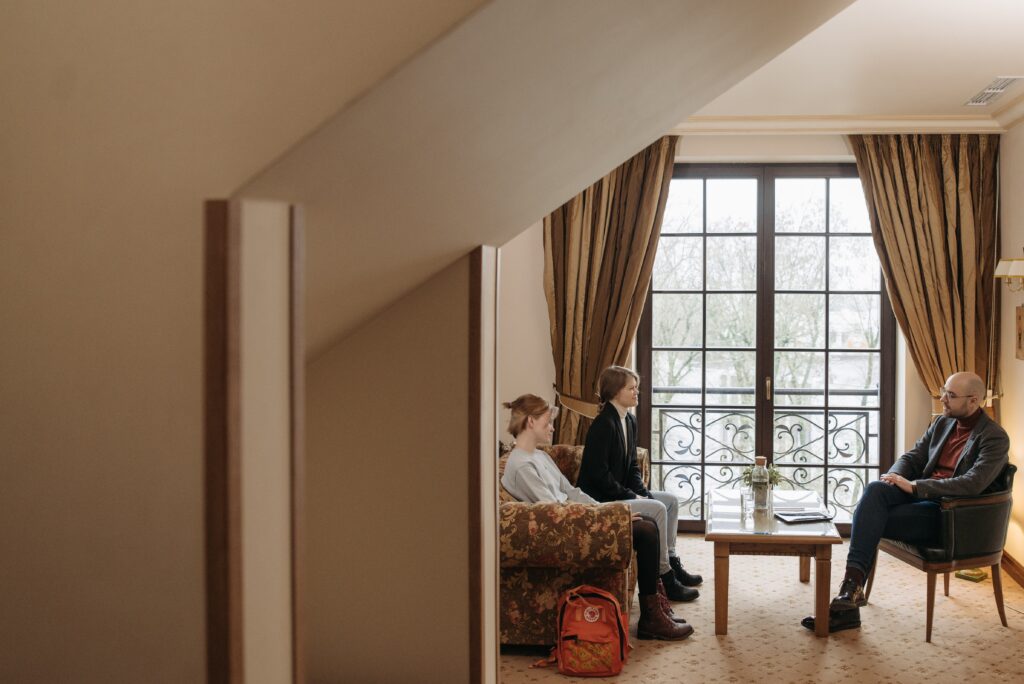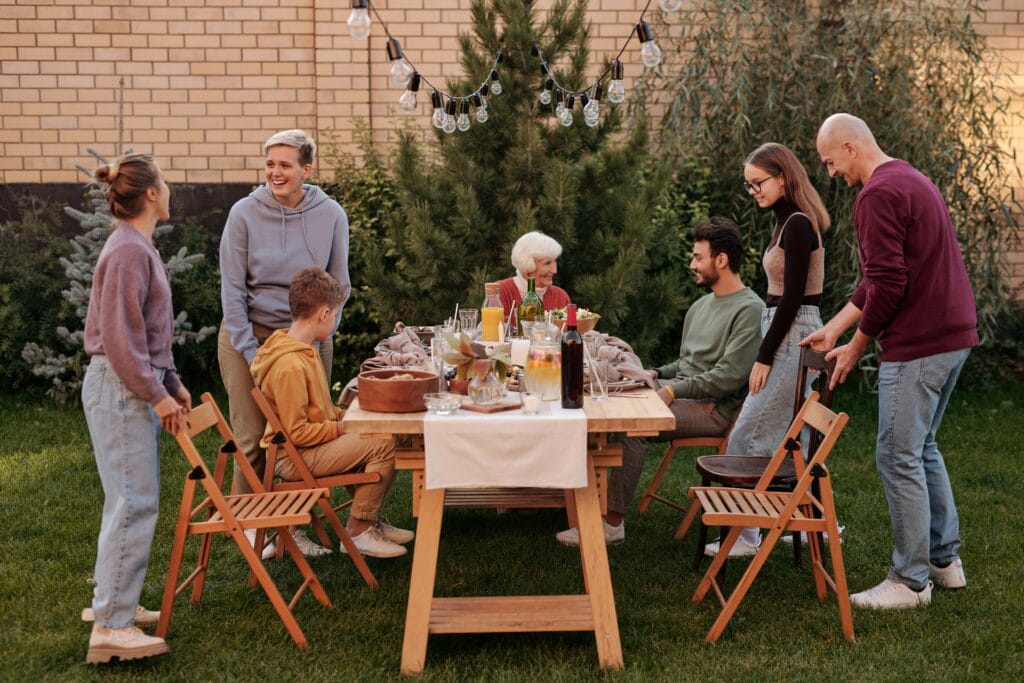While you and your family members are bonded by love, this doesn’t mean that you will always get along with each other. In fact, sometimes, relationships within your family can get sour.
When challenges or conflicts have become challenging to solve amongst yourselves, consider getting family counselling in Dublin. Talking to an expert can help restore the harmony in your family and strengthen the bond you have with each other.
What Is Family Counselling?
Family counselling brings all members of a nuclear or extended family together in a structured setting to discuss and improve their relationships with each other. In some cases, the therapist may even invite core friends or others who play a significant role in the family unit.
It is designed to address dynamics within the family and resolve underlying problems that affect individual members. This can be especially helpful if one family member is going through something difficult, abuse, or depression. However, it can also be effective for families experiencing general conflict, communication problems and other issues.
What Types of Problems Can Be Treated Using Family Counselling?
It can help the family resolve conflicts and get past stressful situations, including:
-disagreements on parenting styles
-financial troubles
-family violence
-separation or divorce
-death or illness of a loved one
-troubles at school or work
To add, family counselling is not only for families in crisis but also for those who want to make sure their relationships are on the right track. The counsellor can help you better understand each other and develop stronger familial relationships.
The Benefits of Family Counselling
Family counselling is a great way to get to the root of problems you are having with your family members and find solutions together—as well as build stronger relationships along the way.
It can help you find ways to resolve problems, whether they are conflicts between two family members or more general issues like poor communication, boundaries that are too big or too small, unhealthy habits, etc.
Family counselling can help you learn new tools and skills for dealing with conflict and becoming closer in your relationships. During the sessions, you will learn coping mechanisms for when things get stressful and develop effective communication skills that will benefit everyone in the group for years to come.
It can also help you better understand each other, whether it’s about why someone had a certain reaction to something or why the same argument keeps coming up over and over again.
What to Expect from Family Counselling in Dublin
Safe Environment
You can expect the counsellor to provide a safe space where families can come together to address issues. This way, everyone gets to share their thoughts and be heard without judgment or conflict.
Hear Other Perspectives
In counselling, you are going to get multiple perspectives on a situation. Each member can explain his or her point of view. The counsellor’s role here is to help everyone understand each other’s perspectives.
Hearing each member’s views can be extremely valuable when trying to resolve an issue with your parent, spouse, sibling or child. It can even help you see exactly where you’ve been wrong in previous disagreements. This makes it easier to get past the conflict and focus on moving forward together as a unit.
Confidential Sessions
You can also expect the sessions to be confidential. You do not have to worry about other people finding out about sensitive matters tackled in counselling.
Impartial Counsellor
As her goal is to provide a safe environment for all members, you can count on her to de-escalate situations when they get too heated. But don’t expect her to take sides.
Your counsellor is impartial. She is not there to tell you who’s right or wrong. Her goal is to help each member recognise what is going wrong and how they can change it.
Short Term Counselling
Family counselling in Dublin does not take too long – around 12 sessions. Each session lasts for about 50 minutes, one session per week. Still, how many sessions you’ll need and how often you talk to the counsellors depend on the situation.
Mixture of Group and Individual Counselling
In most sessions, all members of the family attend the counselling together. But there will also be sessions when the counsellor talks to sub-units (parents or children only) or each member individually.
Individual Support
Family counselling also provides support for each member individually. Why is this necessary?
When you’re taking care of others all day long, it’s easy to forget about your own needs—but if you don’t take care of yourself first, then how can you take care of anyone else?
Family counselling gives each person a chance to focus on what’s happening in their life at home or work. This way, they can address any concerns before they interfere with their family dynamics.
How Much Does Family Counselling in Dublin Cost?
The cost of family counselling varies by clinic or counsellor. Some have a set rate; others charge by the hour. The latter is what is implemented by most family counsellors in Dublin.
The average cost of family counselling is around €80 to €100 per session. Meanwhile, for individual counselling, the average fee is about €50 to €80.
One factor that greatly influences counselling fees is the counsellor’s experience. You can expect seasoned (and sought-after) counsellors to have a slightly higher fee than those new in this field.
In conclusion, family counselling is an effective means to help you and your family develop healthy, long-term relationships. When it’s done right, the results are potentially life-changing for all parties involved.
If you think you and your family might benefit from talking to a counsellor, then why not take the first step? After all, you have nothing to lose and everything to gain.
Are you looking for a clinic that offers family counselling in Dublin? We have qualified family counsellors who have successfully helped numerous families overcome challenges and build stronger relationships. Call us today on 015240708 or click here to schedule an appointment.





